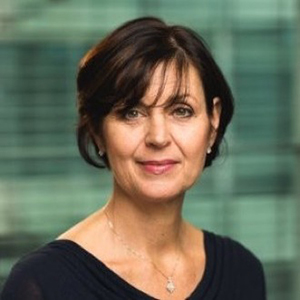Headlines
87% of participants believe the asset management industry should be a leading light on diversity equity and inclusion, given DEI’s importance to the ESG agenda; yet only 49% of participants believed that all employees, regardless of background, are given the same opportunities to be recruited and hired. Further, only 49% believe that all people regardless of background or personal characteristics are given fair and equitable performance assessments and financial rewards.
Diversity, equity and inclusion (DEI) is seen as important strategically and part of the industry’s ESG agenda – two thirds (67%) of the participants say it is an integral pillar of their company’s ESG strategy, a quarter (25%) says it soon will be. The next step is to ensure this top down commitment, translates into concrete actions and commitment from all levels in the organization, integrating it into every aspect of the operation.
Only 66% believe the work environment is inclusive and only 32% see their organization’s workforce as diverse. One of the biggest challenges to recruitment is a poor perception of the industry forming a barrier to attracting diverse talent. This needs to be addressed by creating more awareness early at schools and universities, role modelling better work-life balance, and unpacking the asset management industry (aiming to build financial wellbeing) from the bad press of investment banking and the financial crisis.
Once diverse talent has been attracted, focus should be on breaking down barriers for them getting ahead. Less than half (49%) believe that all people, regardless of background or personal characteristics, are given fair and equitable performance assessments and financial rewards at their company. The unspoken rules for getting ahead suggest a strong performance driven culture – but also indicate ‘who you know’ and networks are key to your success. These approaches do not work for all (for example working carers) and create an exclusive and divisive, rather than inclusive and belonging culture.
Ways to break down these barriers zoom in on addressing the lack of senior role models, the old networks that continue to be active (e.g. the old boys club, college, etc.) and the culture. This needs to change to creating one where different backgrounds know how to "fit in". More specifically, many see the need to increase the presence of women in senior leadership and investment positions as the single most important DEI metric to improve on.

-01.png)
-02.png)




